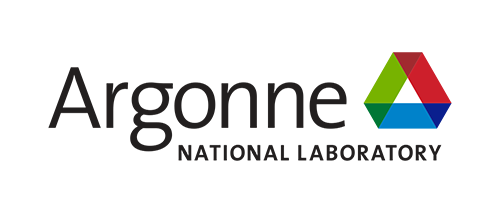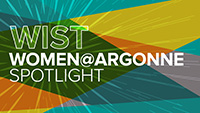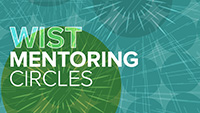March 2023 Edition

Paulina Rychenkova, Senior Innovation and Commercialization Manager, STPO
Paulina Rychenkova builds on her versatile background—spanning a PhD in theoretical physics, management consulting, and many years of venture investing in technology, software, and health tech companies—as senior innovation and commercialization manager in the Science and Technology Partnerships and Outreach (S&TPO) Directorate at the U.S. Department of Energy’s Argonne National Laboratory.
She supports Argonne researchers in capturing and managing intellectual property from their work and facilitating interactions between Argonne scientists and collaborators outside the lab, such as those in industry, academia and other organizations. In addition, she leads Argonne in Chicago, the lab’s strategic program for inclusive innovation in support of regional economic development.
“What I like best about my role is interacting with brilliant researchers at Argonne, and the ability to apply my business acumen together with my scientific background in support of collaborative research activities,” Rychenkova said. “Also, in the context of my Argonne in Chicago role, I believe in doing the right thing: facilitating more productive and mutually meaningful interactions between the lab, its people and resources, the Chicago innovation ecosystem, and communities on the south side of Chicago.”
Rychenkova, who was born and raised in Russia, earned a bachelor of science degree in mathematics and physics at Hope College in Michigan, as well as a master’s degree and PhD in theoretical physics at Cambridge University in the United Kingdom.
While at Cambridge, Rychenkova conducted research in the General Relativity Group, which was headed at the time by the acclaimed physicist and author Stephen Hawking. While Hawking was not her PhD supervisor, she had many interactions with him around her doctoral thesis and presented at various seminars which he attended.
During her time at Cambridge University, Rychenkova lived and worked at Trinity College and, in that context, had the honor of meeting and conversing with Queen Elizabeth II and her husband, Prince Philip, the duke of Edinburgh, when they visited the campus.
In 2018, Rychenkova became the business development executive in Argonne’s S&TPO. While her role has since expanded, she firmly believes in staying true to your interests and passion and you will persevere.
“Don’t underestimate the value of your professional experiences and what you bring to a new role or organization,” she said.
Rychenkova draws her motivation from her daughters, ages 15 and 12. Her oldest daughter lives with a rare neurodevelopmental genetic disease called Phelan-McDermid syndrome. It is a rare genetic condition that causes global developmental delays and does not at present have a cure. In addition to pursuing her professional interests at Argonne, Rychenkova dedicates her free time to advocacy activities in search for a disease-modifying treatment for Phelan-McDermid Syndrome.
“I especially appreciated the grace I received from my colleagues at Argonne and the entire organization during the early months of the COVID-19 pandemic,” she said. At the time the lab instituted a policy of vacation day donations to help out employees with significant caregiving responsibilities.
If she could provide one piece of advice to inspire young women interested in pursuing STEM careers, she would urge them to have confidence that they belong there.
“At present, there is more support from all corners for women to pursue STEM careers than ever before,” she said. “So, look for mentors along the way and go for it.”
She encourages women scientists and engineers in their early career stages to find a leadership model in their organization, whether it is a female or a male colleague, and seek out a mentor-mentee relationship.
“You can learn a lot from real-world mentors,” she said.

 Spotlight Series
Spotlight Series program
program

